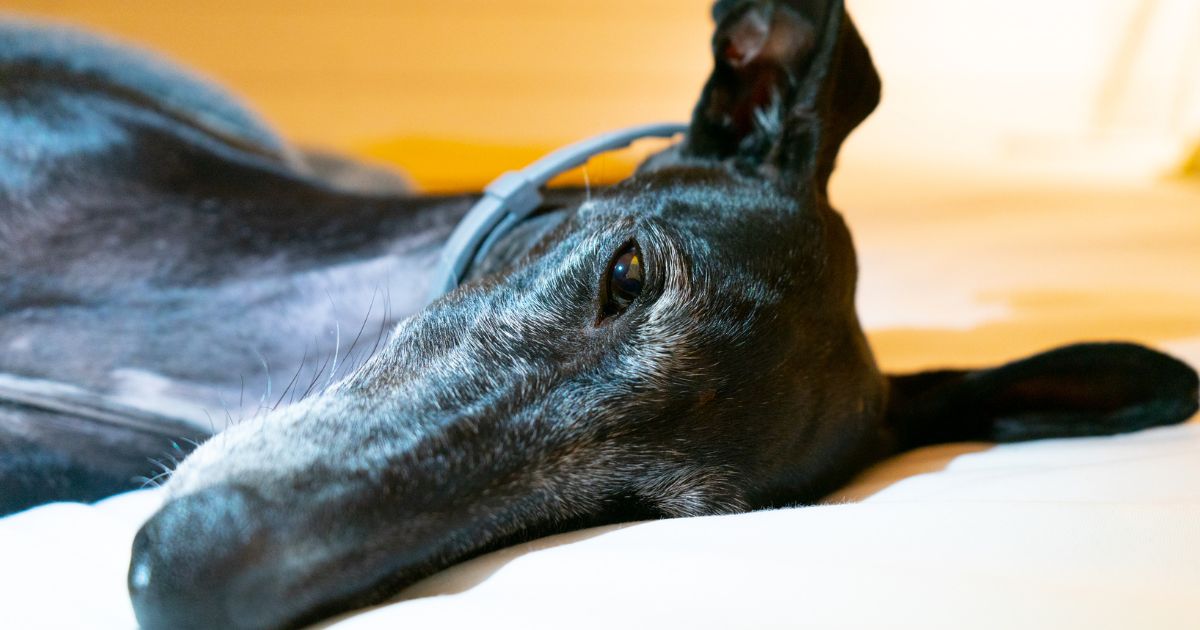Over the past five years, almost a 1,000 Queensland greyhounds have disappeared into research labs and universities. CPG recently discovered that most of them have been sent to the University of Queensland and most have been destroyed.
Unlike other states, Racing Queensland and the taxpayer-funded industry regulator QRIC allow industry participants to dispose of their dogs in this brutal way. Owners and trainers can also label dogs they no longer want as “unrehomable” and kill them. They even kill a few of them as being “unsuitable to race”.
UPDATE: UQ has agreed to carry out a research ethics investigation into their partnership with Racing Queensland. UQ has also confirmed they have paused taking unwanted greyhounds until the investigation is complete. Thank you to everyone who contacted the University. However, as at January 2025, UQ has not published the results of the ethics review.
Help stop the killing
University of Queensland (UQ) confirmed in June 2024 that they are killing on average two greyhounds a week. These gentle, vulnerable dogs are being killed within weeks of their arrival due to totally inadequate and unethical rehoming assessment and adoption practices. You can find more information in our submission to UQ here which shows that UQ Pets for Life euthanasia rate is higher than any other Queensland rehoming agency including the industry rehomer.
Please join with us in calling for:
- UQ to stop accepting greyhounds from the Queensland racing industry and cease their partnership with Racing Queensland
- UQ Pets for Life adoption program to immediately stop euthanasing greyhounds while an investigation is carried out into their appallingly high euthanasia rates
Below are UQ contact details along with more information to help shape your message. However, your own words will have the most impact.
-
Email. The email addresses below include the UQ Chancellor Peter Varghese and Vice-Chancellor Professor Deborah Terry, Professor Nigel Perkins (Head of School of Veterinary Science) and Professor Rachel Allavena (Deputy Head, School of Veterinary Science)
[email protected]; [email protected]; [email protected]; [email protected] - Call: The phone number for the UQ Chancellor is 61 (7) 3365 1304 and for the Vice-Chancellor is 61 (7) 3365 1300.
-
Message. Message UQ Pets for Life via facebook or instagram
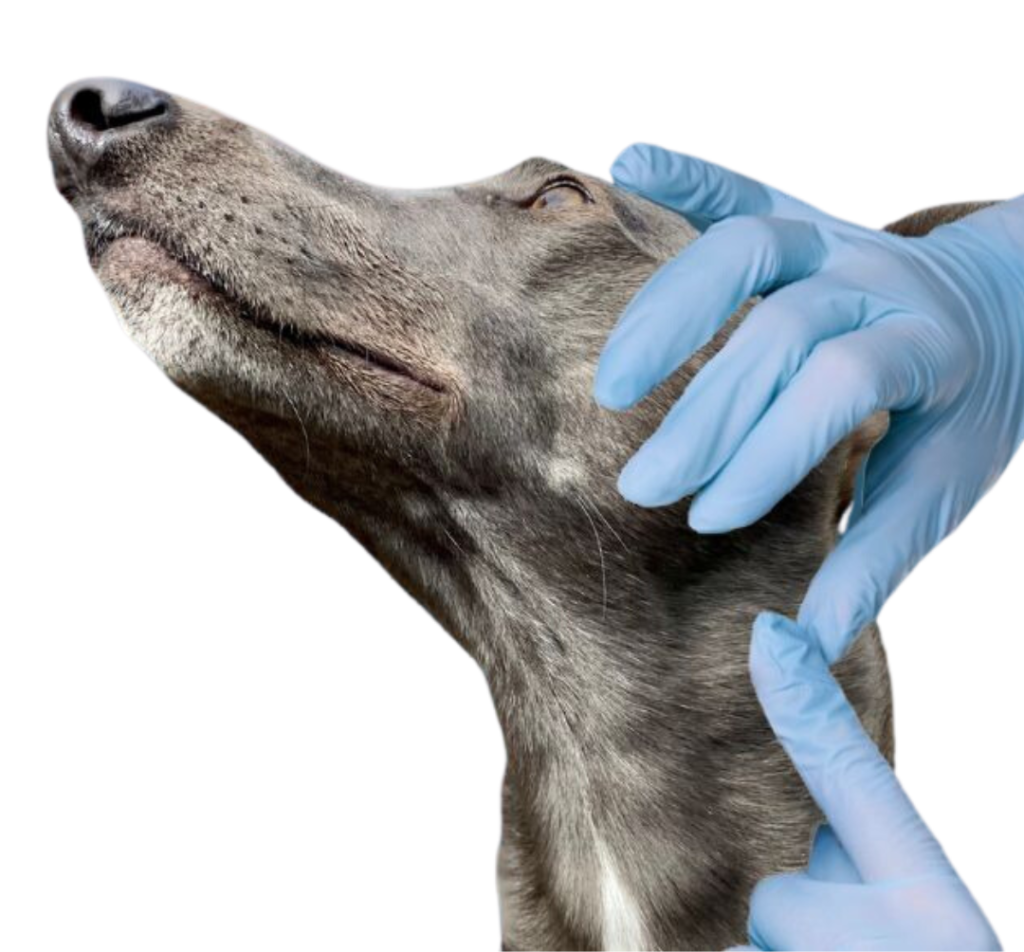
“The very least ex-racing greyhounds deserve is adoption to a loving family home, not to be used in medical or veterinary procedures. There must be transparency as to the fate of all greyhounds.”
Rachel Smith, CEO, Humane Research Australia
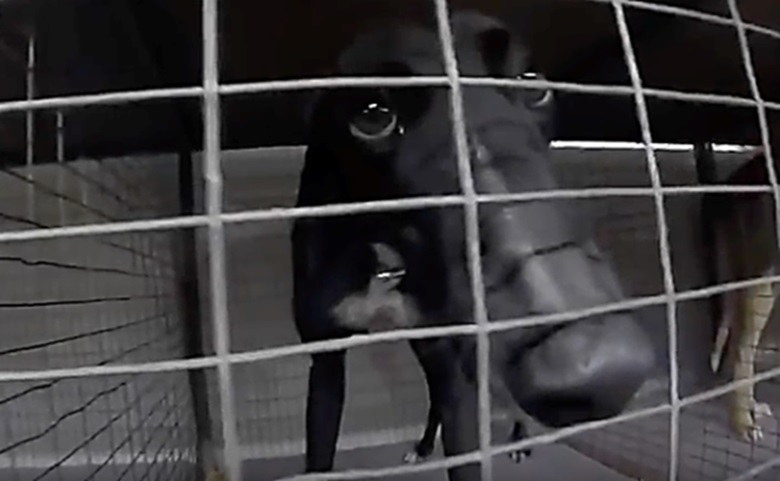
University of Queensland
The cruel Queensland solution to overbreeding
Unlike other states, Queensland has no greyhound welfare Code of Practice and very few rules or regulations around the breeding, rehoming or euthanasia of greyhounds. This means that many of the dogs are inadequately housed and socialised and there is little or no preparation for retirement and rehoming.
Racing Queensland also allows participants to label greyhounds as “unrehomable” without providing any evidence as to why euthanasia is the only option for young, healthy dogs. Owners and trainers can also send unwanted greyhounds to university and veterinary practices where they are used for research and training and then killed.
The industry refuses to provide any information on where these dogs are sent and what happens to them. They know that the Australian community will not accept these beautiful and trusting dogs being used for brutal research and then killed when they are no longer profitable.
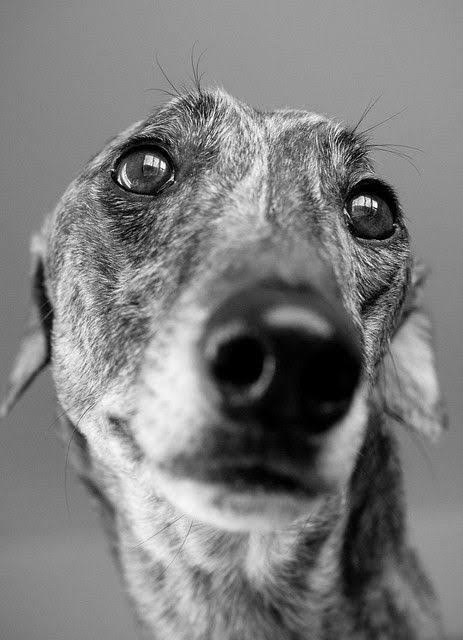
kills 75% of greyhounds in 2024
Why is uncontrolled euthanasia part of Racing Queensland strategy
The greyhound racing industry is facing its biggest crisis since the live baiting and mass killing of young greyhounds was exposed in 2016. At that time the industry was killing around 17,000 greyhounds a year across Australia. Public outrage and improved industry regulation led to a substantial reduction in the number of deaths and a reduction in overbreeding.
However, breeding is now on the increase and the industry faces the problem of what to do with the thousands of greyhounds they want to discard each year and can no longer kill.
Queensland Racing has consistently refused to cap breeding numbers so that the number of greyhounds bred can reasonably be rehomed.
Both the Victorian and NSW racing bodies state that “greyhounds must not be used for “blood donation, medical purposes, research or teaching”. Racing Queensland on the other hand works with agencies such as the University of Queensland to dispose of their unwanted dogs and conceal the fact from the community.
Their message is that greyhounds aren’t like other dogs, they are merely commercial commodities, to be used as a racing product or a research and training tool and killed.
What happens to the greyhounds that Racing Queensland rejects? 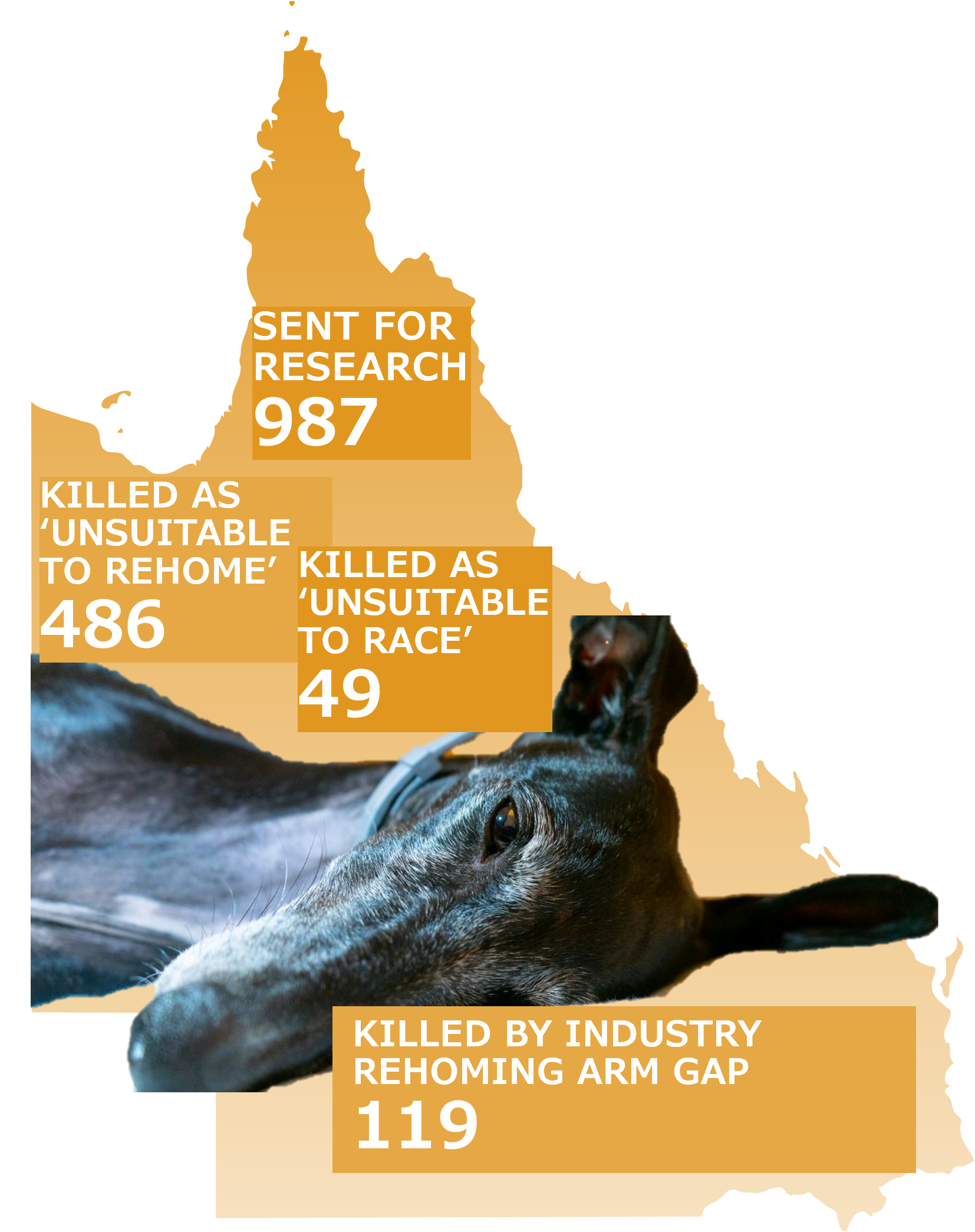
Source: QRIC Greyhound breeding, race injury and retirement quarterly reports, FY19-FY23
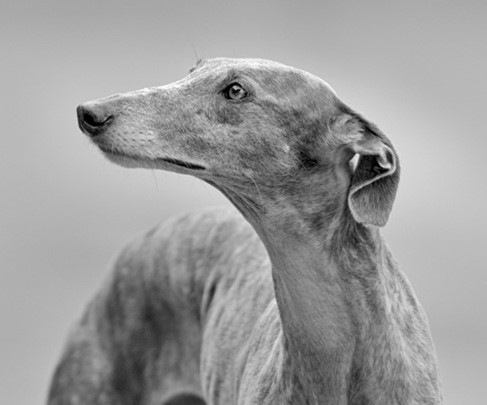
Enabling an enormous social problem
UQ is working with an industry that not only exploits and kills dogs but costs the Australian community an enormous amount both socially and financially.
Greyhound racing is a gambling industry. As the recent Government report “You win some, you lose more” highlighted, unlike sport, dog and horse racing only exists so people can gamble. Australians experience the biggest gambling losses in the world at around $25bn per year. The cost of gambling addiction was estimated at $18bn in 2022. The report also noted that 5% of 16-17 year-olds report betting on sports and horse and dog racing.
The racing industry markets greyhound racing as “family friendly entertainment”. This is a cynical and dangerous ploy to normalise gambling and encourage the next generation of problem gamblers.
Children as young as 14 are allowed to “handle” dogs at Queensland racing tracks despite being exposed to violent injury and death. Handling occurs in the catching pen where greyhounds often collide with other dogs and suffer catastrophic injuries such as fractured skulls.
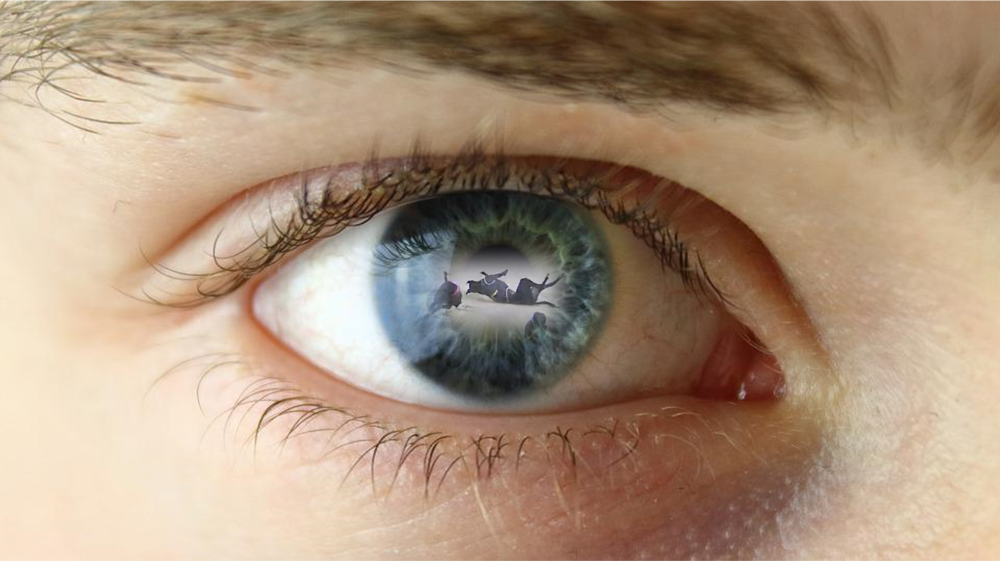
An industry opposed by most Australians
Increasingly the Australian community is mobilising against greyhound racing.
This growing opposition was acknowledged by the University of Technology Sydney in 2023. UTS provided research on track safety to GRNSW for a number of years. The UTS brand was exploited to provide legitimacy, reassure the public, and deflect criticism. In late 2023, UTS severed its ties with the racing industry after an integrity and governance review.
It’s time University of Queensland took an ethical stance and did the same.
The ethics and effectiveness of animal testing
There is also growing evidence that dogs, and other animals are poorly representative of human biology and diseases.
Cardiologist Dr John Pippin, Director of Academic Affairs, Physicians Committee for Responsible Medicine in the US has said:“As a cardiologist who performed similar research using dogs early in my career, I learned two truths that were game-changing for me. First, the dogs used in such research do indeed suffer and of course are killed. That cannot be spun into “humane treatment.”
“Second, the differences in canine and human cardiac anatomy, physiology, and genetic determinants are immutable, making any translation of results to humans speculative. For ethical and scientific reasons, the use of dogs or any other animals for research into human diseases and treatments must end.”
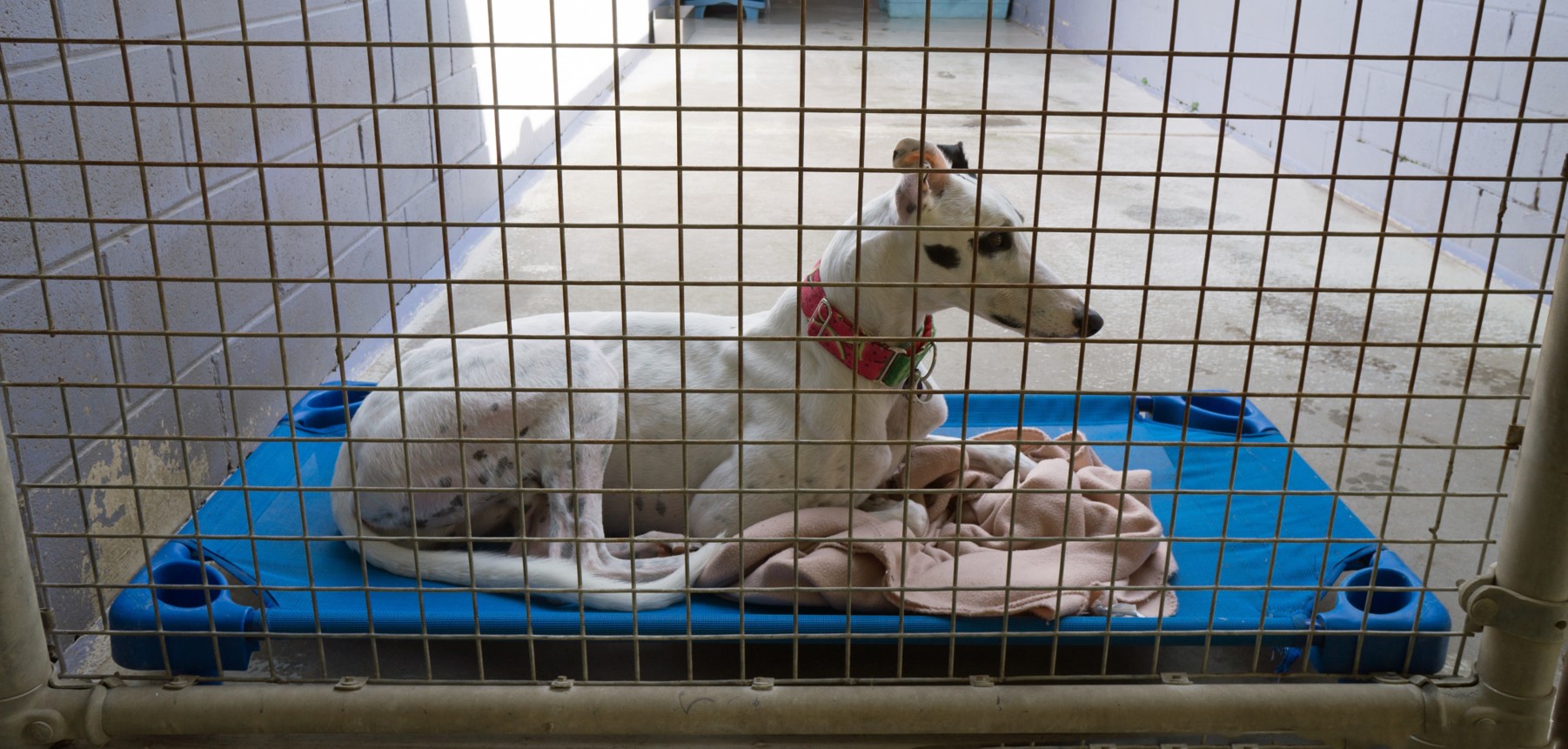
former director of the National Institutes of Health (NIH) Chemical Genomics Center
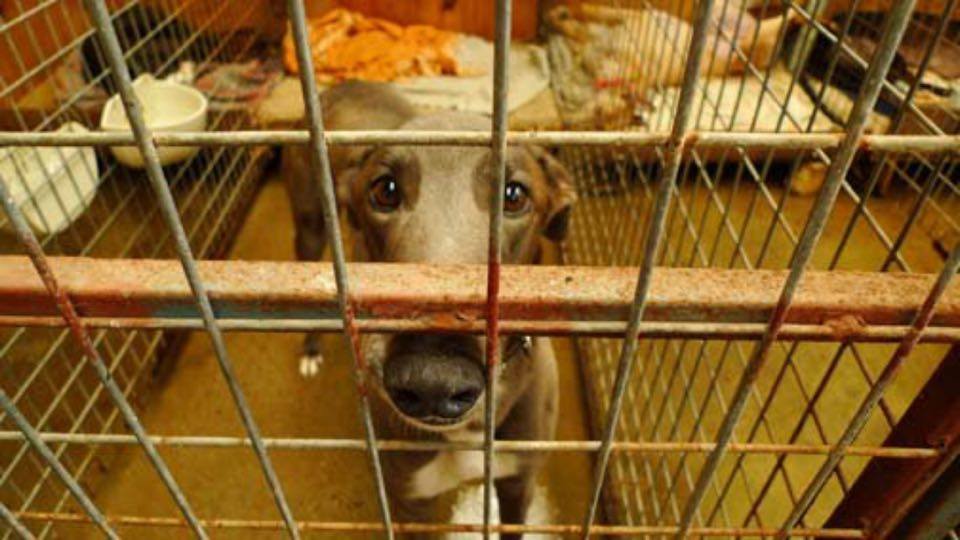
These chilling accounts of nearly 800 greyhounds sent to labs and universities, with no tracking of what has happened to them, shows just how far behind Queensland is when it comes to animal welfare. And not only this, but Queensland Labor are continuing to pump money into the greyhound racing industry, with $40 million injected into building a new racing track at Ipswich, rushed through under a Ministerial Infrastructure Designation. Minister Grace, when are you going to shut down this violent sport?”
Amy MacMahon, Greens MP for South Brisbane
